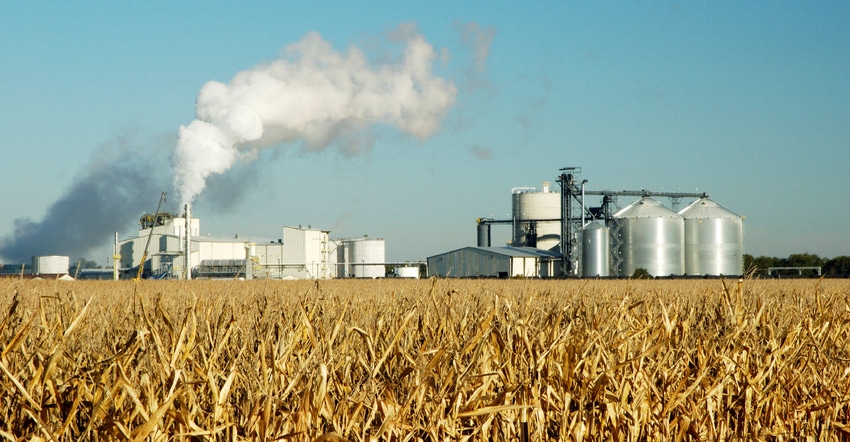Ontario announces E15 adoption as soon as 2025
Province signaling new demand for low-carbon advanced biofuels.

Last year, Growth Energy and the U.S. Grains Council (USGC) submitted comments to Canada’s Ministry of the Environment & Climate Change urging it to look beyond E10 at higher ethanol blends like E15 and welcomed the commitment from the province of Ontario to move from a 5% blend to a 10% ethanol fuel blend by 2020.
Following the announcement, Growth Energy, USGC and the Renewable Fuels Assn. (RFA) issued the following statement: “As one of the largest markets for ethanol, this is a huge milestone for Canada and the people of Ontario. Ontario recognizes the important environmental, economic and health benefits that ethanol provides, and we look forward to seeing this plan become a reality by 2025.”
Key elements of Ontario’s plan include:
Renewable content (e.g., ethanol) in gasoline will increase to 15% as early as 2025 under the Greener Gasoline regulation.
Increased use of renewable natural gas and other lower-carbon fuels will be encouraged.
Large emitters will be subject to emission performance standards.
A Carbon Trust Fund ($350 million) and Ontario Reverse Auction Fund ($50 million) will provide financial assistance for emission reduction initiatives.
The plan builds on the amended Ethanol in Gasoline & Greener Diesel regulations that will come into effect on Jan. 1, 2020.
“With this plan, Ontario continues to address it largest single greenhouse gas emissions source: transportation. Today’s vehicles are using lower-carbon, made-in-Ontario biofuels that can reduce these emissions further to meet Ontario’s 2030 targets,” Advanced Biofuels Canada president Ian Thomson said. “Building on federal action on liquid fuels, the province is signaling new demand for low-carbon advanced biofuels. Sustainable agricultural and forestry crops and residues can provide these biofuels, as can urban and industrial waste streams.”
Thomson continued, “We applaud the new initiatives to expand use of advanced biofuels in Ontario and look forward to working closely with the province to implement the Made-in-Ontario Environment Plan measures. Incenting private-sector innovation, with a welcome mat to low-carbon fuel producers, will be critical to meeting the province's climate goals.”
About the Author(s)
You May Also Like





